In an inspiring collaboration, the Kenya National Chamber of Commerce & Industry (KNCCI), together with Mercy Corp under the Regional Livestock Programme and the Ministry of Agriculture and Livestock Development, hosted a live animal and meat traders forum. This event took place at the Nairobi Serena Hotel, marking a significant stride towards advancing Kenya’s livestock sector.
The forum’s primary objective was to focus into the challenges that companies within the livestock industry face, exploring avenues for opportunity and collaborative strategies to tackle the obstacles.
Mr. Abdullahi Hersi, Chairman of the KNCCI Livestock Sector Committee, opened the session with remarks that set the tone for a day dedicated to meaningful discussions, aimed at fostering enduring growth in the livestock industry. Dr. Diba D. Wako, the Regional Livestock Programme Director from Mercy Corp, highlighted strategies designed to bolster the sector and enhance the resilience of pastoral communities. He highlighted the critical role of livestock, a sector upon which 20 million people in drylands depend and the staggering figures of 296 million sheep, goats, cattle, and camels.
The forum addressed the sector’s pressing constraints, including low production, minimal market information, an uncoordinated policy and regulatory environment, financial hurdles, sanitary standards, and insufficient investment. Yet, amidst these challenges, the gathering unveiled untapped opportunities. Proximity to Gulf markets, an escalating demand for animal products, the inherent advantages of mobility and low input requirements, and the strategic implications of Somalia joining the AfCFTA and EAC in November 2023 were all identified as potential catalysts for sectoral growth.
A panel session dedicated to expanding market access saw industry leads share invaluable insights. Mr. Nick Ngahu, CEO of KEMLIC, emphasized the need to market hides and skins to benefit the leather industry. Ms. Zahra Rashid, a meat exporter, remarked on Kenya’s strategic position as a provider of ready markets in neighboring countries. The discussions touched upon vital aspects such as quality assurance, traceability, value addition, and the necessity of a centralized database to support newcomers in the market.
The forum did not shy away from advocating for holistic approaches, encompassing the welfare of animals, ensuring consistent supply of marketable animals for slaughter and live export, capacity development for actors in the sector, feed production and marketing, and adherence to sanitary standards.
KNCCI President Dr. Erick Rutto in his remarks reiterated KNCCI’s commitment to addressing the sector’s challenges and promoting exports as a means of business growth. Underlining the importance of networking among key players, he affirmed KNCCI’s role in facilitating crucial processes such as the issuance of certificates of origin and arbitration. KNCCI will also work close with the government to advocated for a favorable policies
Deputy Governor of Mandera, H.E Dr. M. Ali, expressed his gratitude towards the member counties of the Frontier Counties Development Council (FCDC), encompassing 10 counties, for their crucial contribution to the livestock sector, highlighting the significant movement of 30,000 camels from Kenya to Somalia last year. He emphasized the importance of the value chain in both domestic and international markets. Furthermore, he showed appreciation for the Kenya National Chamber of Commerce & Industry (KNCCI), IGAD, and Mercy Corps for their roles in organizing the forum.
This marks a moment for Kenya’s livestock sector, laying the groundwork for a future where sustainable growth, resilience, and prosperity are not just aspirations but tangible realities. Through collaborative efforts and a clear focus on opportunities and innovation, the path forward is one of optimism and potential, promising to revolutionize the industry for the better.

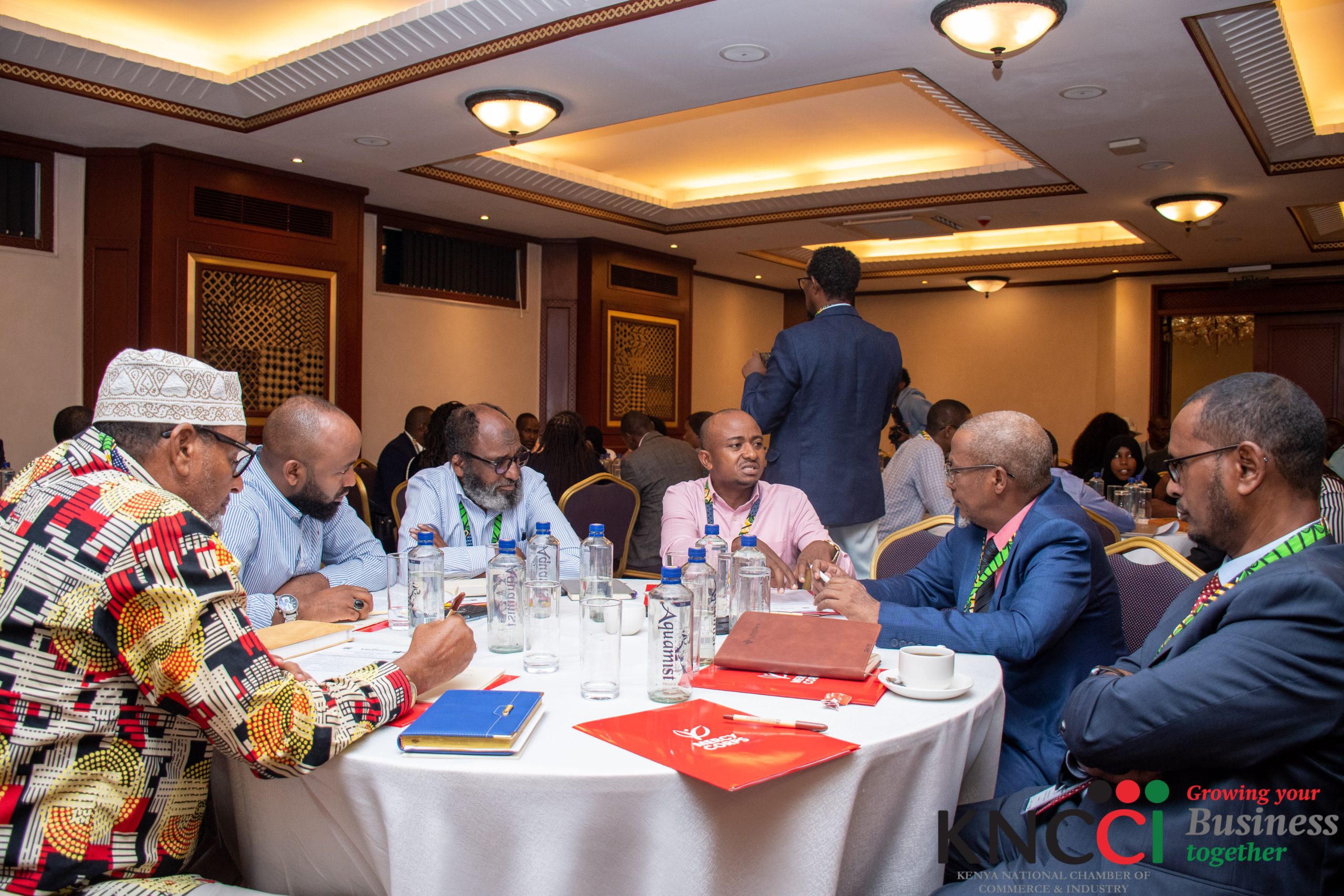
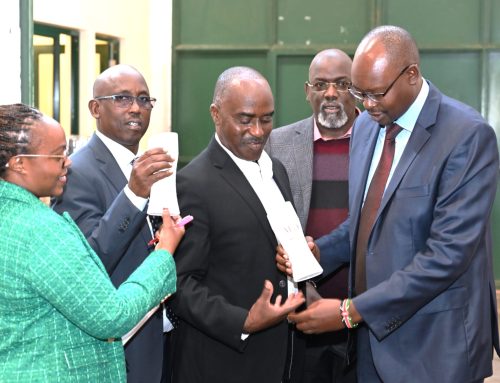
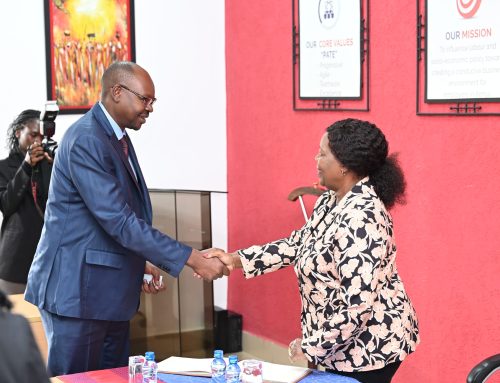
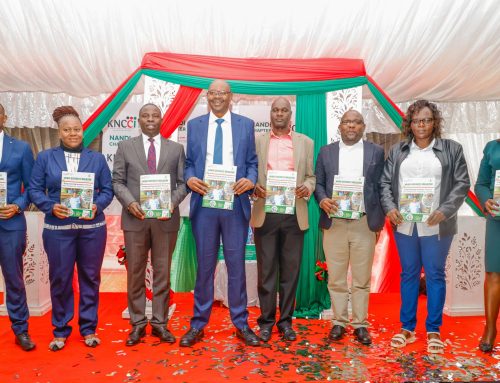

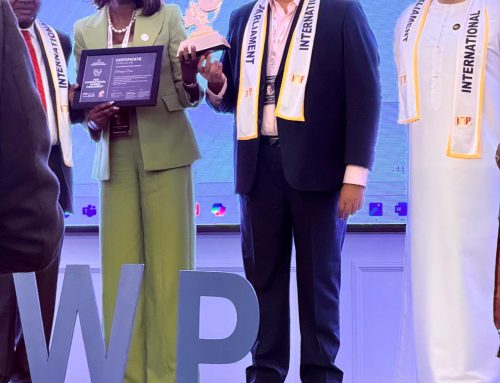
Leave A Comment